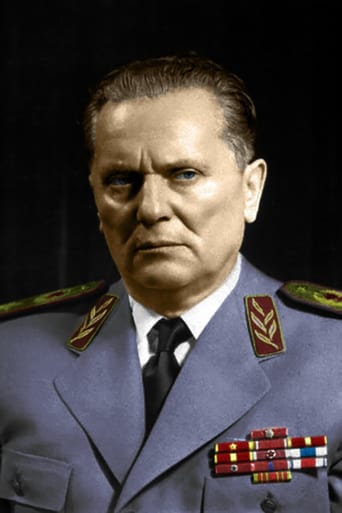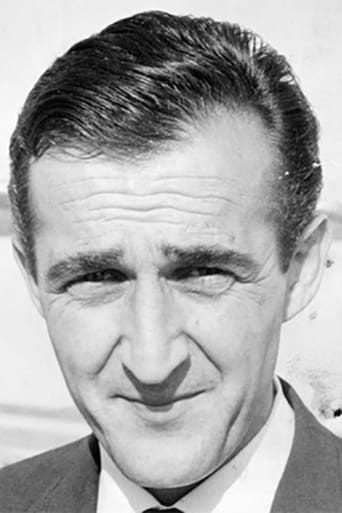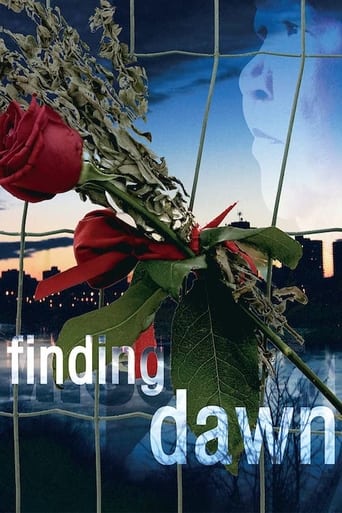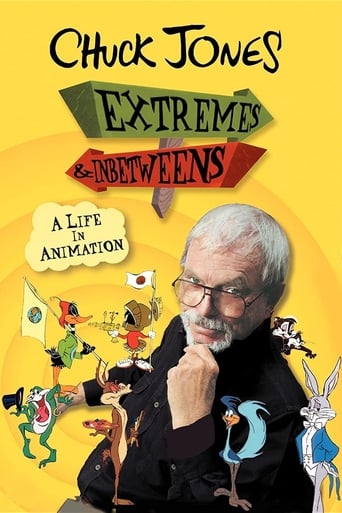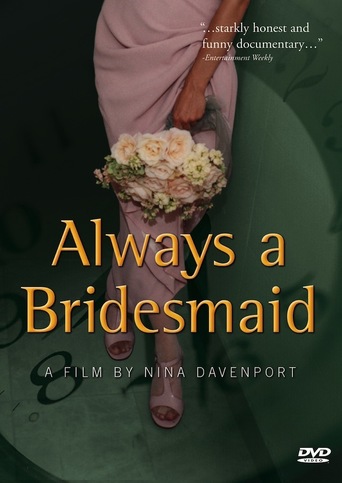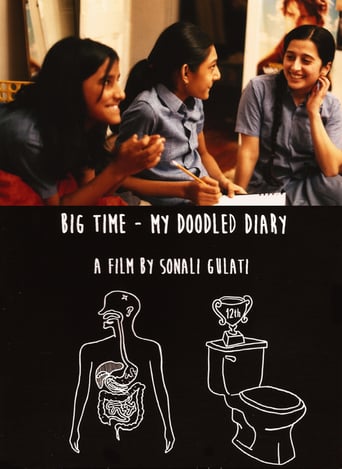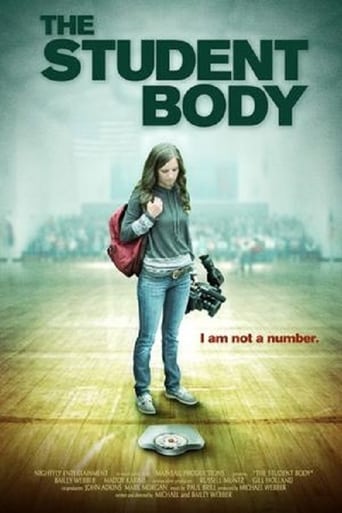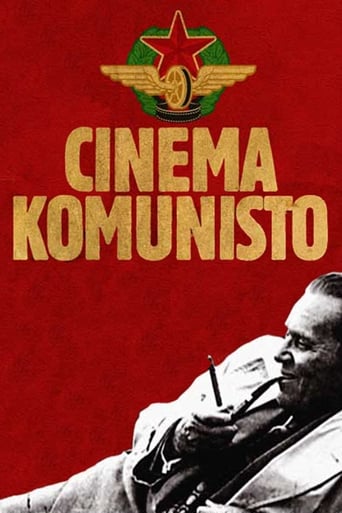
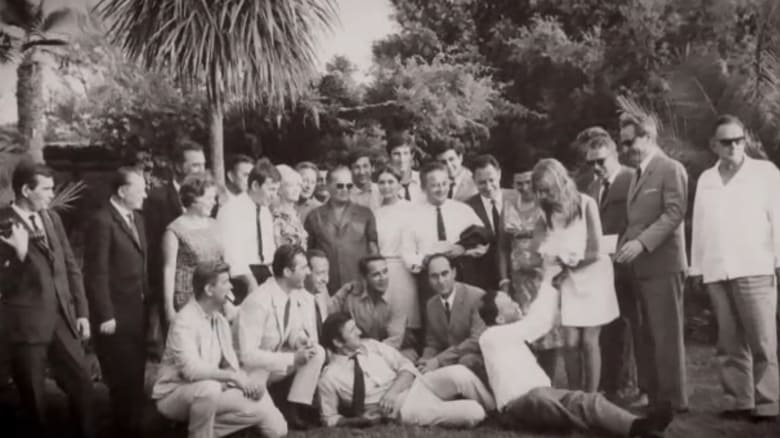
Cinema Komunisto (2010)
This eye-opening and bittersweet chronicle of the Yugoslavian film industry recounts how the cinema was used—often with direct intervention from President Josip Broz Tito—to create and recreate the young nation’s history, replete with heroes and myths that didn’t always hew closely to reality.
Watch Trailer
Cast


Similar titles
Reviews
I was born in SFRJ and it fell apart when I was still little. I am really proud and sad in same time on all the things that we had in that imperfect country. It is realistic story of that time with a lot significant names speaking about the way things in movie making was done in Yugoslavia. The director made a really good story and made us wonder what happened with all this? Thank you for reminding us on this part of history, because propaganda is making us believe that it was all nothing and what now is happening is progress. I am happy watching Bata Zivojinovic, a true legend of movie, Veljko Bulajic and all other people speaking about a great nation and great history.
Just to shed some light what this documentary is, and what it is not. This is a documentary about one of the studios in ex-Yugoslavia, "Avala" Film, Belgrade, Serbia. Mostly about production of partisan movies and President Tito's affinity to those movies and cinematography in general. Documentary material in this movie has been recycled from dozens of other documentaries seen many times on ex-Yugoslavian TV stations. For me, watching this was a waste of time because there was no new documentary material presented, but I have no doubt that foreign viewers could find it interesting.So, this is not a documentary about Yugoslavian cinematography, like some people are trying to present.Each republic in ex-Yugoslavia (6 of them) had its own studios and movie production plus independent movie studios. More information about Yugoslavian cinema and studios can be found on wiki page here: http://en.wikipedia.org/wiki/List_of_Yugoslav_films
The 1950s may be known as 'The Golden Age of Television', but my personal golden age of boob tubery came a little bit later. At the age of eight I was transported from a country with three television channels (all of which seemed to spend as much time broadcasting the test card as anything else) to the outskirts of a major American metropolis blessed with more than twenty stations.In this land of milk and honey the phrase 'Movies Till Dawn' was no idle marketing boast, and yours truly subsequently spent countless hours in front of the goggle box, enjoying and falling asleep to fuzzy black-and-white broadcasts of the widest variety of films imaginable: Hollywood classics, German krimis, Italian pepla, Filipino horror movies, and Yugoslav war epics such as The Battle of Neretva.The Yugoslav film industry — and its long and close relationship to the President for Life, Josip Broz Tito — is the subject of Cinema Komunisto, a documentary that will be of profound interest to folks with fond memories of The Million Dollar Movie, Bowling for Dollars, and the Non-Aligned Movement.The film features interview footage with veterans of the industry (including Tito's personal projectionist, who reckons he showed the President 8,800 films over the course of 32 years), generous excerpts from numerous films (including the aforementioned, Academy Award-nominated, and long since forgotten Neretva), and absolutely priceless 'behind the scenes' footage of Tito hobnobbing with Richard Burton and Elizabeth Taylor. The movies just haven't been the same since the Socialist Federal Republic broke up in 1992.
Thanks to my beautiful girlfriend I found myself at The Magnificent Seven documentary film festival earlier this year in Belgrade. Cinema Komunisto was shown that night, which is a very strong documentary depicting Yugoslavian cinematography 1946-1991. Film contains numerous original footage, such as parts of interviews with Alfred Hitchcock (filmed in Belgrade in 1962), Orson Welles, Jul Briner etc. The thing I liked the most regarding this documentary is its narrative style and attention to the details. I was very pleased that many TV journalists were present, so that they can learn about making great documentaries such as Cinema Komunisto. Final note: If you're unfamiliar with Yugoslavia, the life of Tito, Yugoslav marshall, or the Balkans 1945-1991 maybe you will find this film not so interesting.


